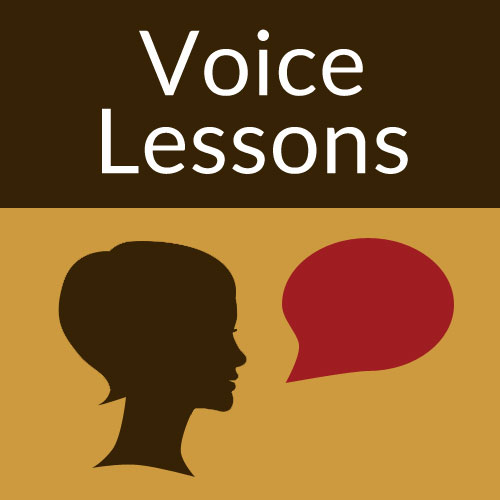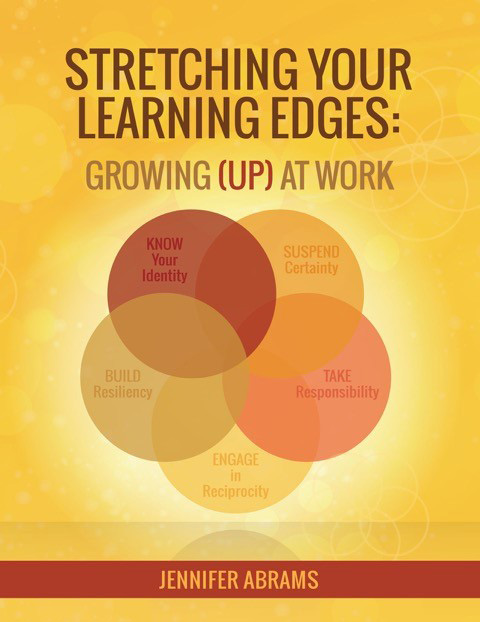Democracy and De-pilling
January 2, 2018

At the end of December as schools closed and holiday parties concluded, I found myself with a few days of at-home quiet time. I noticed plants with dead leaves and removed them. I scheduled maintenance on my car for January. I de-pilled two sweaters! De-pilling was proof of my amazing productivity. I felt triumphant. Life was good. Then lunch with Herb happened.
Herb Leiderman is a former professor of psychiatry at Stanford University. Herb, my friend, John, and I, went to lunch. It was one of those supposed festive holiday lunches with old friends. Herb is 94. He brought his cane, and he brought his briefcase. Uh oh.
Herb started the wonderful bread service and we toasted to the New Year with a lovely bottle of white wine. And then Herb said to us, “This is not just eating. We are meeting, correct?” Uh oh.
Herb then proceeded to bring up the lack of teaching democracy in primary grades, the essentialness of us starting early and the critical need of getting the learning of how to be a citizen in a democracy to be a sustainable program and taught throughout the school system, K-12. “We need this to be developmentally appropriate and it needs to be done now and done everywhere. We need our children to understand their need to be involved in our political system.”
I had been proud of de-pilling a sweater. Now I was thinking about voice, agency, collaboration, advocacy, inquiry, the need to understand one’s connection to community, the social contract one’s government needs to have with one’s citizens, and the essentialness of democracy as the system of government we fight for starting at an early age.
All hope wasn’t lost. I thought of my 8-year-old nephew, Joe, who has the Habits of Mind (Thank you, Art Costa and Bena Kallick!) on the walls of his classroom in Bloomington, Minnesota. The habits are taught intentionally and include ‘listening with empathy’ and ‘thinking flexibly,’ among so many other democratic ideals.
I thought of my 6-year-old nephew, Evan, who is working on being a team member on his hockey team; who is working to work together to move a puck down the ice; who is learning how to accept loss. The question his parents ask at the end of a game is “Did you hustle? Were you in the game doing your best?”
I thought of my friends at all grade levels teaching speaking and listening, teaching communication in all mediums, teaching media literacy, comprehension, critical thinking, history, economics, psychology, and artistry in all forms. I think of myself and how every workshop I facilitate is to help people find their voice around what matters to them; to stand up for values and beliefs, and to assert positions in a humane and growth-producing way. Phew. I was feeling a little better. Lunch continued.
Herb wants his vision to become a reality. We talked about the structures that would need to be in place across a school, a district, a state, a nation, and all nations in order to create such a reality. We discussed the need for curriculum redesigns, pedagogical shifts in practice, and the deep professional learning – all required on a consistent basis to support the work of integrating this democratic way of living and acting not just into our classrooms, but into our communities. We talked about the essentialness of this happening globally, and the cost to us all of not being overt and intentional about this purpose and the behaviors taught to live it out. It got heavy.
Then we dropped off Herb, his cane, and his briefcase. Herb went back into his home with the admonition, “Write this up. I will critique it. But my criticism is just for your consideration. It will help me think the plan through too.” When I came back to my apartment I saw on my office wall the quote from Rabbi Tarfon, “It is not your responsibility to finish the work of perfecting the world, but you are not free to desist from it either.” (Pirke Avot, 2:21)
One step (and sweater) at a time. Here’s to each next step into a better 2018 for all.
If you have any questions, comments or topic suggestions, please feel free to email me at Jennifer@jenniferabrams.com. I look forward to hearing from you!
Cool Resources
Personal Playlist Podcast with Noa Daniel on VoiceEd Canada. I was so glad to be interviewed in December. “Noa Daniel asks her guests to tell her about three songs in their life: one that has some nostalgic value, one that reveals something about their own identity, and one that acts as a personal motivator. The conversation is rich and…well…songful.” What would you have said?
Collaborating with the Enemy: How to Work with People You Don’t Agree with or Like or Trust by Adam Kahane. Amazon writes, “Often, to get something done that really matters to us, we need to work with people we don’t agree with or like or trust. Adam Kahane has faced this challenge many times, working on big issues like democracy and jobs and climate change and on everyday issues in organizations and families. He has learned that our conventional understanding of collaboration—that it requires a harmonious team that agrees on where it’s going, how it’s going to get there, and who needs to do what—is wrong. Instead, we need a new approach to collaboration that embraces discord, experimentation, and genuine co-creation—which is exactly what Kahane provides in this groundbreaking and timely book.” I met Adam a few years ago at a workshop at my ‘river place,’ Esalen Institute, and Adam is a good guy. Check out this book.
Heather Lageman, president of the Learning Forward Foundation, tweeted about these great We! Connect Cards that “create conversations that matter.” Use these questions in a variety of ways to encourage self-reflection, add a little fun and lightness to a meeting or go deeper to create connection.

